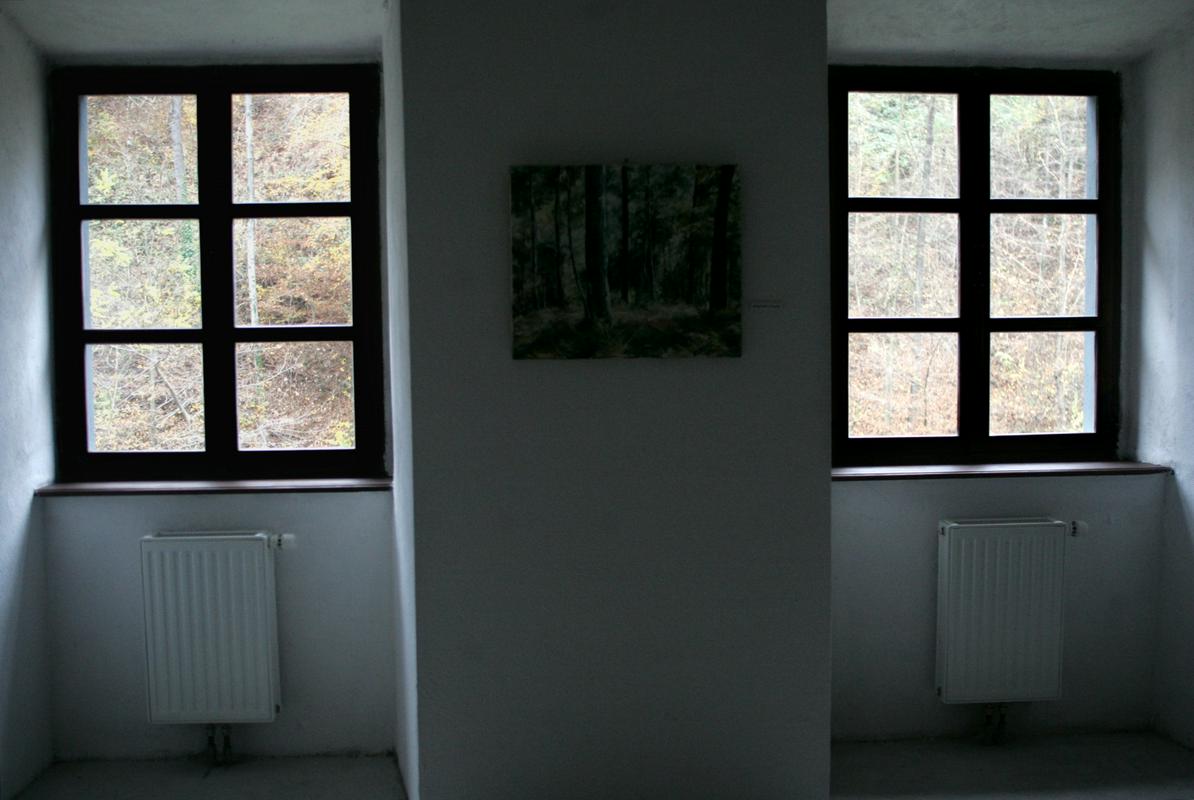
According to some estimates around 40 percent of Slovenia's households live in energy poverty. That means that many Slovenians lack money for heating and will therefore have a cold winter. A fact that stands out is that the state has had five million euros of European cohesion funds at its disposal for three years now in order to do away with energy poverty. So far, not one cent has been used from that fund.
People unable to pay for heating costs have started removing their radiators from their apartments. Their rooms are mouldy and their broken and old windows let a freezing wind into their homes. One family from Kamnik lives in a large, poorly isolated house: "When I came to this house we first used heating oil, but I then calculated that it would be cheaper to heat with wood. We later also changed our heating stove. But the house is too big, the windows are rotten and there's a draught everywhere." The father is the only who is employed in the three-member family and that is why they don't have enough money for heating. A few months ago their water pipe also burst: "There's a lot of dampness and I'm afraid it will spread to the upper floor."
Thousands need help
There are many cases like that. Caritas Slovenia helps thousands of people every year by covering their heating costs, the purchase of wood or heating oil. "We have an example of a lady, which lives in an apartment with a collapsed roof. So she spends the whole winter in freezing cold. When the temperature drops below zero degrees she goes to the library or to a shop to be warm during the day," says Saša Eržen and highlights the state's role in all this: "We can put out the fires, but it's up to the state to come up with a long-term solution."
The state has the money, why doesn't it distribute it?
The Ministry of Infrastructure has had five million euros from the European cohesion fund at its disposal for eliminating energy poverty since 2014. So far, the ministry has not used one euro from that fund, as it still hasn't defined the criteria and methodology for distributing the money. "We're currently working on collecting all the experiences from working with other funds, in order to optimize things and for our measures to actually fulfill the goal we all wish," explained Bojan Suvorov from the Government Office for Development and European Cohesion Policy.

































































